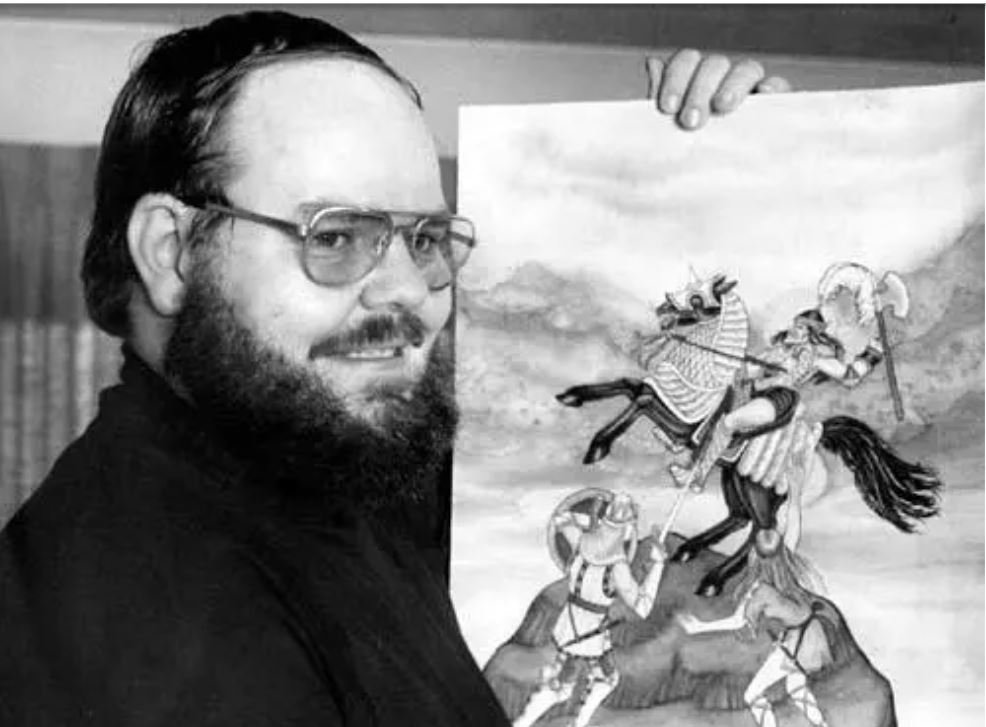Back in 1997, after WotC had purchased the failing TSR (and D&D), and just prior to the launch of D&D 3E, Dave Arneson -- who co-created D&D in the 1970s along with Gary Gygax -- wrote to WotC president Peter Adkison asking to be put in charge of TSR.

Ben Riggs -- author of Slaying the Dragon -- discovered Arneson's letter to Adkison while researching his history of D&D.

 www.writerbenriggs.com
www.writerbenriggs.com
The letter was full of typos -- Arneson even got Adkison's name wrong! According to Riggs, Adkison did not reply, and Arneson wrote to him a second time.
Ben Riggs -- author of Slaying the Dragon -- discovered Arneson's letter to Adkison while researching his history of D&D.

Newly Discovered Letters Reveal D&D's Co-Creator Asked to be put in Charge of D&D in 1997 and it Did Not Go Well — Ben Riggs
While writing my book, Slaying the Dragon , I discovered a number of fascinating historical documents hidden from public view until now. Over the coming months, I’m going to be sharing some of these captivating documents with you. The first is a 1997 letter from D&D co-creator Dave Ar
The letter was full of typos -- Arneson even got Adkison's name wrong! According to Riggs, Adkison did not reply, and Arneson wrote to him a second time.



